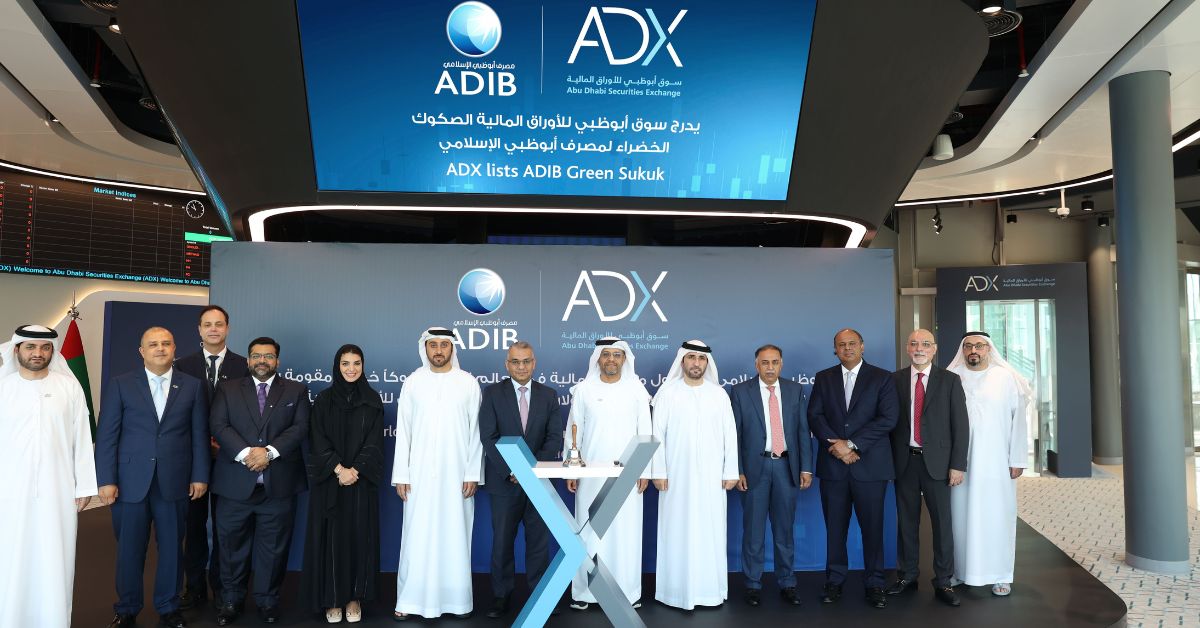DUBAI — Global sukuk issuance is expected to continue its upward trend, soaring to $823.4 billion by the end of Q3-2023, reflecting a robust 9.8 percent annual growth, according to Bashar Al-Natoor, Global Head of Islamic Finance and Managing Director at Fitch Ratings.
Al-Natoor attributes this surge to several key factors driving the adoption of sukuk: a) filling budget gaps, especially in countries not rich in oil; b) diversifying funding options; c) establishing flexible financial tools for institutions; d) expanding liquidity sources for banks; and e) offering alternatives to traditional bank loans for corporates and projects.
He also categorized nations based on their financing and refinancing needs or their aspirations to enhance and diversify their debt markets.
While higher oil prices have bolstered their finances, GCC countries are proactively issuing sukuk not only for immediate needs but also to achieve strategic objectives such as building robust debt market structures and diversifying their funding options, he added.
Al Natoor pointed out that rising interest rates negatively impact global issuances of sukuk, thereby affecting the global sukuk market. This reduces the appetite of global investors for entering emerging markets and raises concerns about growth rates when interest rates increase. For issuers, some are often compelled to adapt to high interest rates due to existing obligations.

He explained that the impact of rising interest rates on local investors differs, especially as many are Islamic banks with healthy liquidity and a desire to invest. This investor category is active, and their interest in investing in sukuk increases.
Regarding the UAE as a significant issuer and investor in the global sukuk market, Al-Natoor highlighted two key dimensions at the global level.
The first involves compliance with the standards of the Accounting and Auditing Organisation for Islamic Financial Institutions (AAOIFI), particularly Sharia Standard No. 59. This compliance is crucial for avoiding potential losses for UAE investors and preventing UAE institutions from facing difficulties in arranging deals. The UAE mandates its banks to adhere to these standards, whether as an investor in sukuk, a lead arranger, or an issuing manager.
The second dimension relates to some entities’ plans to list sukuk on the Nasdaq stock exchange in the Dubai International Financial Centre, recognized as a global listing destination for sukuk.
Al-Natoor observed that sukuk issuances reached $51.7 billion in the third quarter of this year in key markets, including the Gulf Cooperation Council countries, Malaysia, Indonesia, Turkey, and Pakistan. This level matches the previous quarter’s issuances but represents a 12.3 percent annual decrease.
He noted that sukuk issuance declined 24.7 percent year-over-year to $154.6 billion in the first nine months of 2023. “The decline was less severe than the 17 percent drop in bond issuance, which saw a 1.2 percent increase on a quarterly basis.”
Natoor attributed the slowdown in sukuk issuance to the usual summer slowdown and rising oil prices, which have reduced financing needs for some GCC countries.
By the end of the third quarter of 2023, the global sukuk market reached $823.4 billion. Of this, 40 percent were issued by Malaysia, 28 percent by Saudi Arabia, 13 percent by Indonesia, 6 percent by the United Arab Emirates, and 3 percent by Turkey.
Approximately 75 percent of these global sukuk were issued in local currencies until the end of the third quarter of 2023. Outstanding sukuk rated by Fitch exceeded $150 billion, a 12.2 percent year-on-year increase. Moreover, 79.8 percent of the sukuk rated by the agency are considered investment grade.








